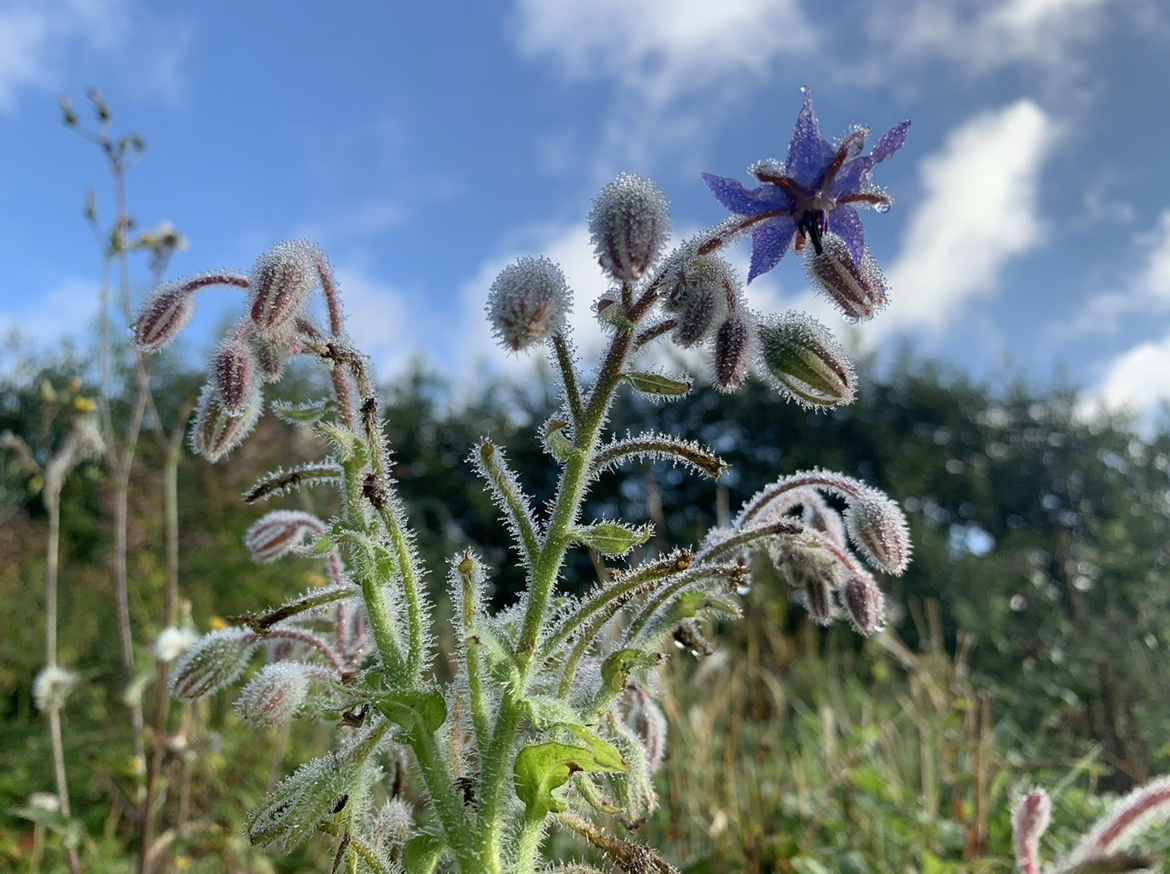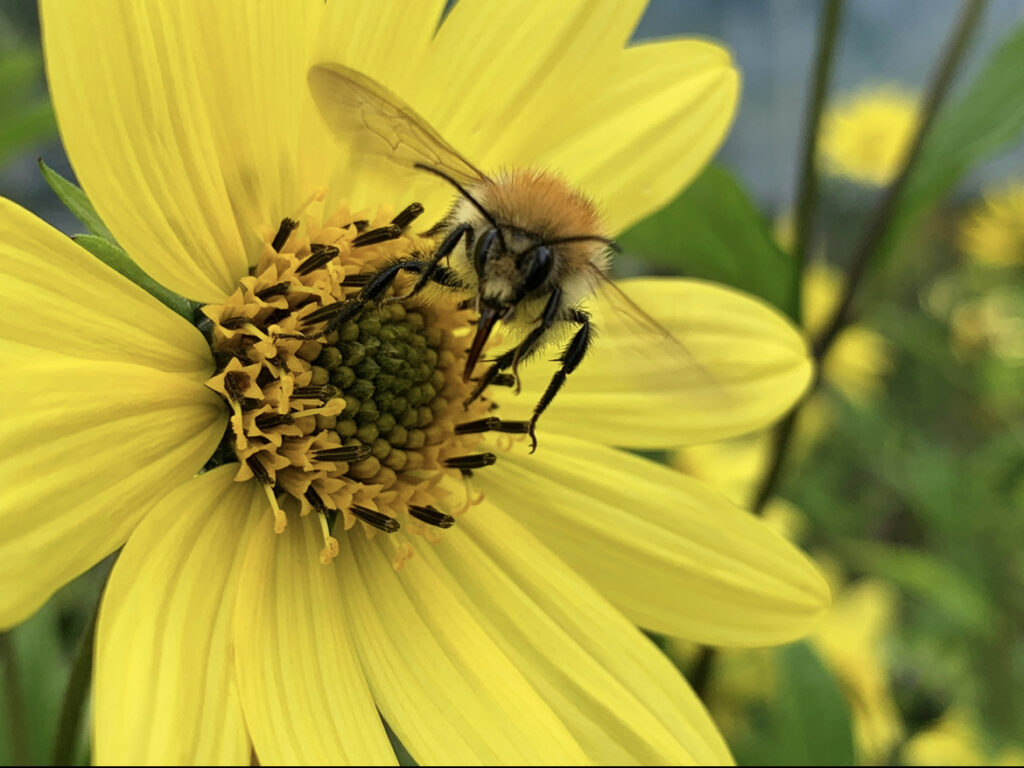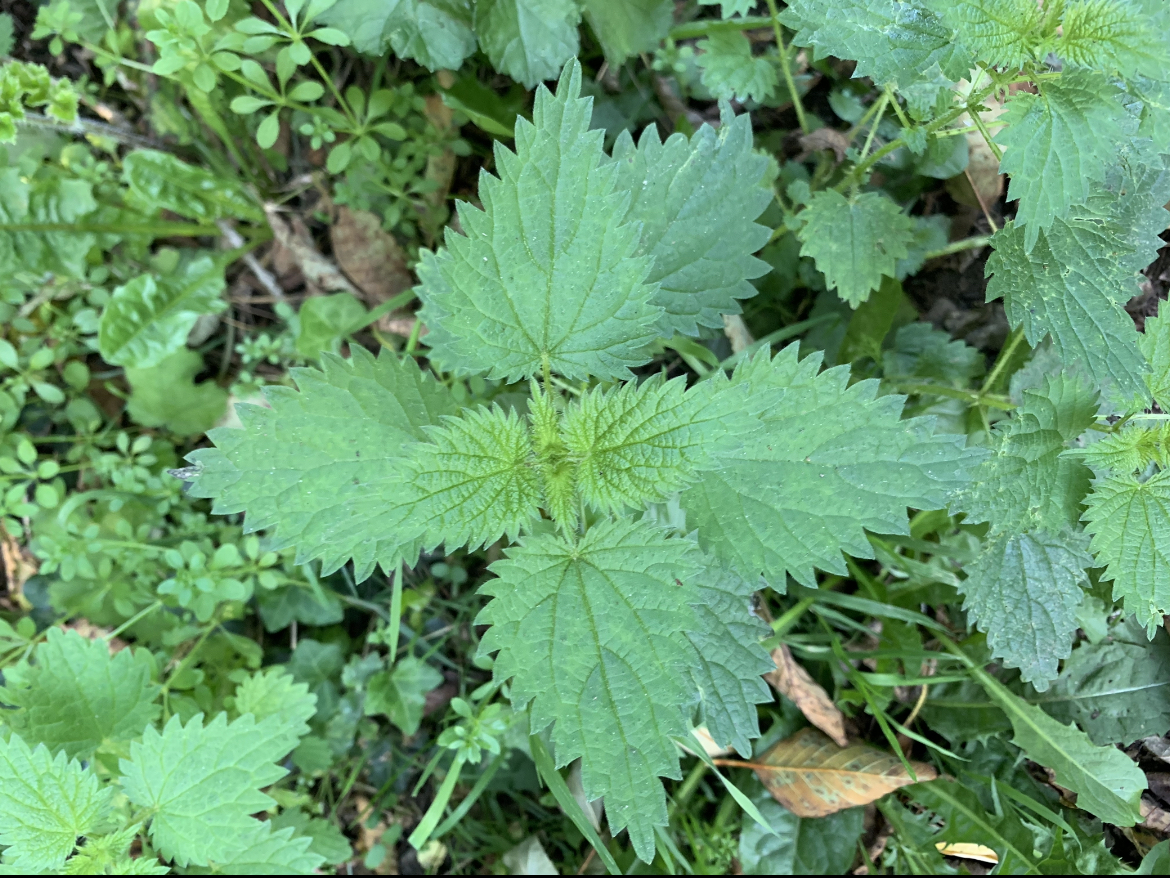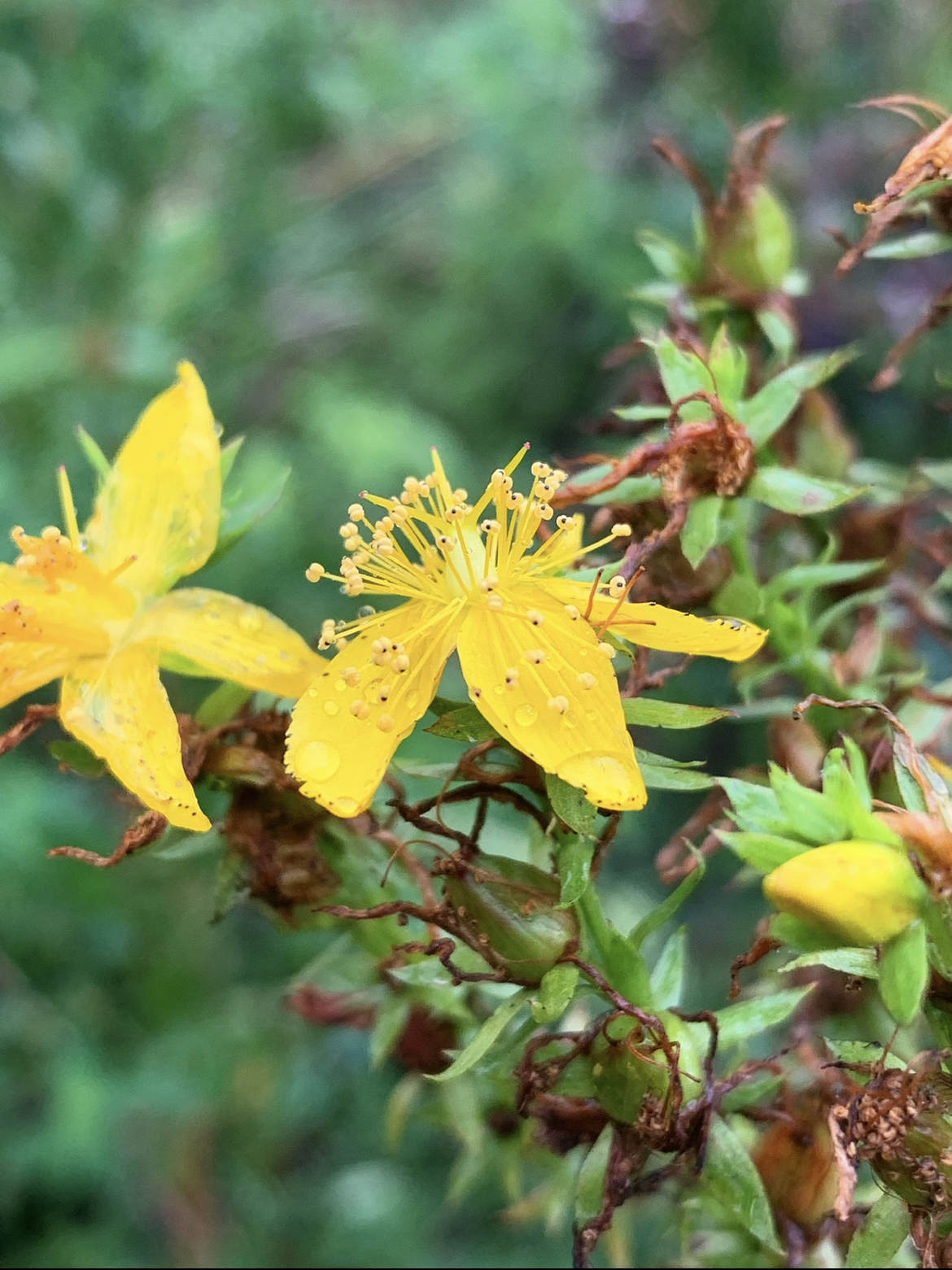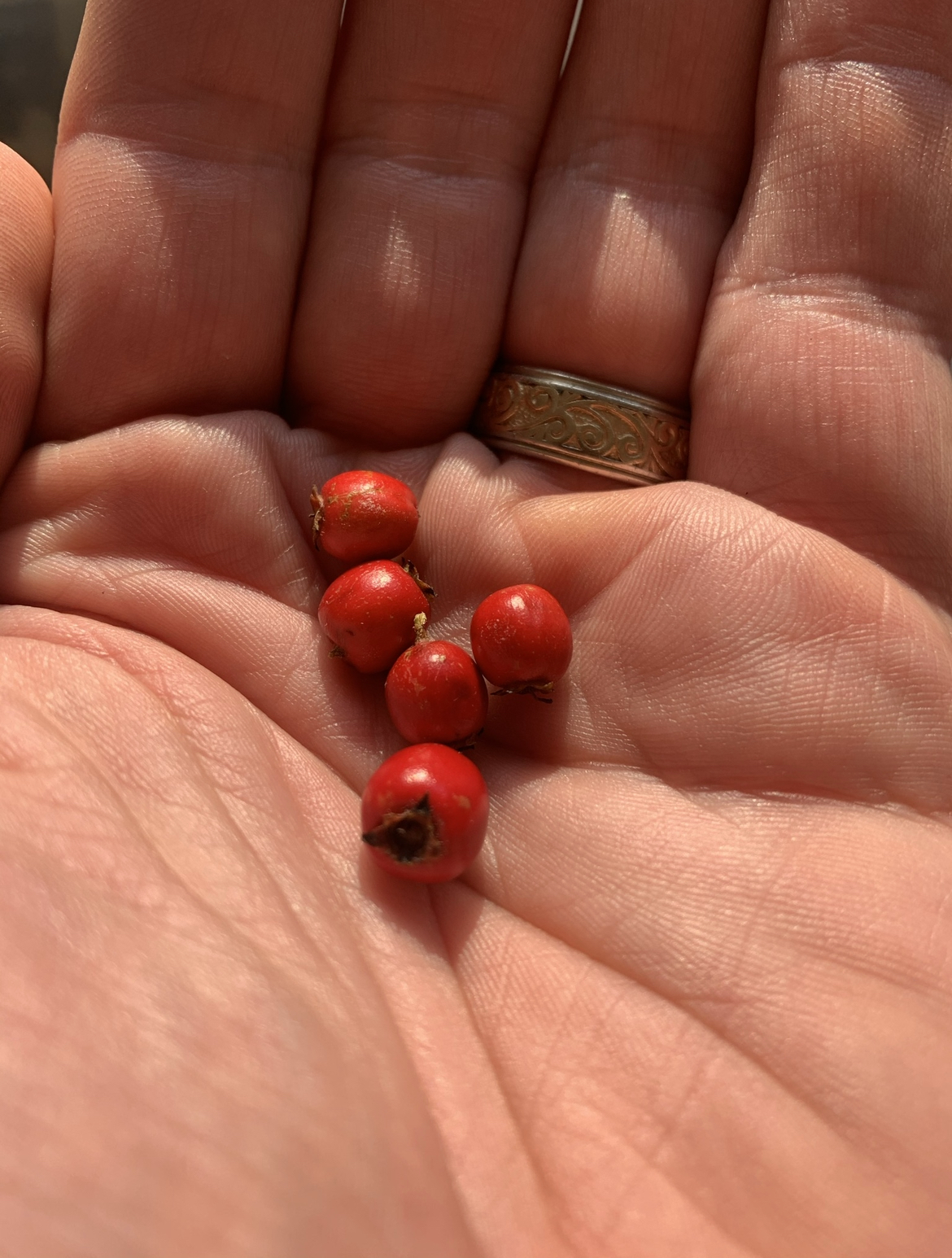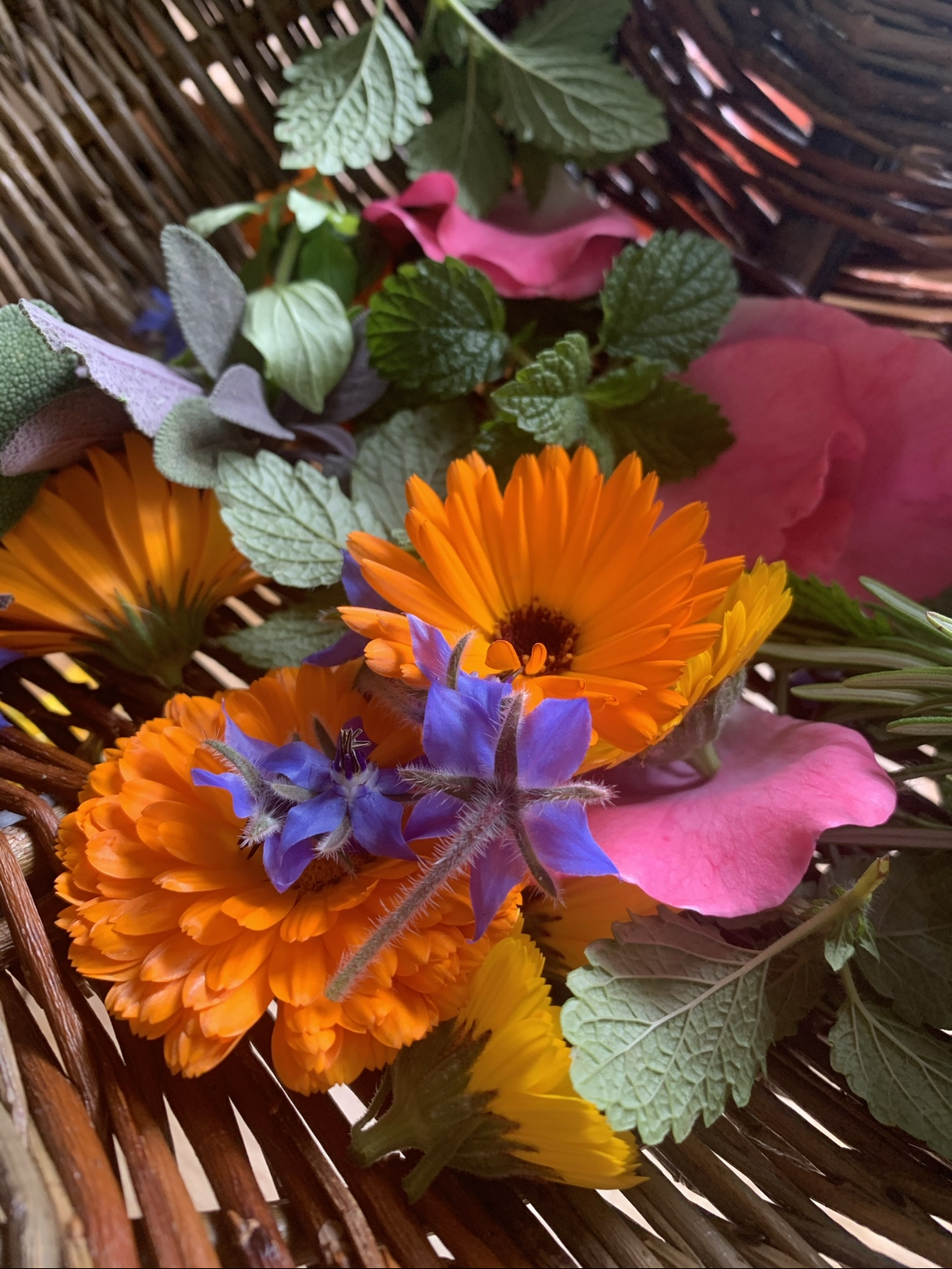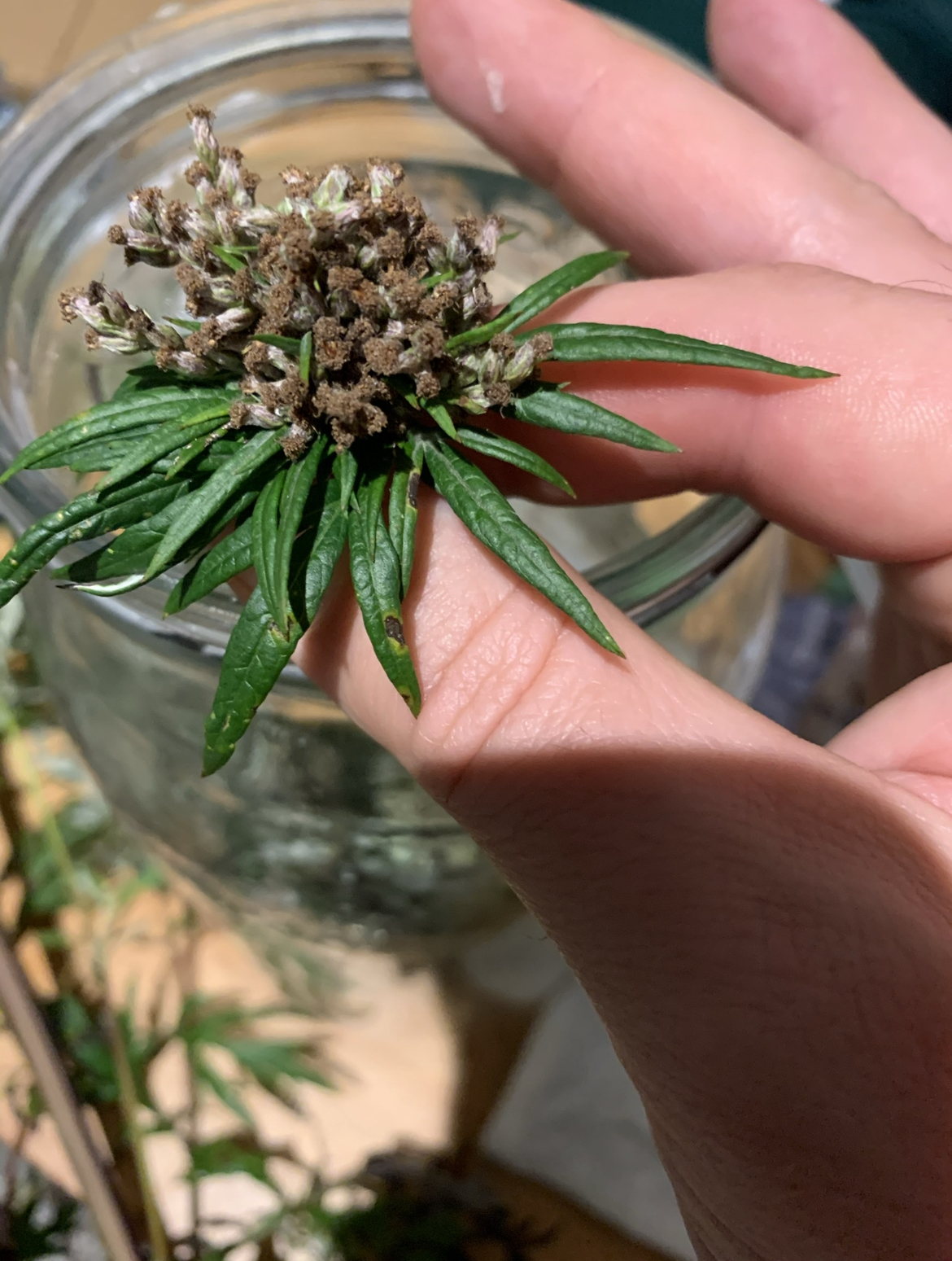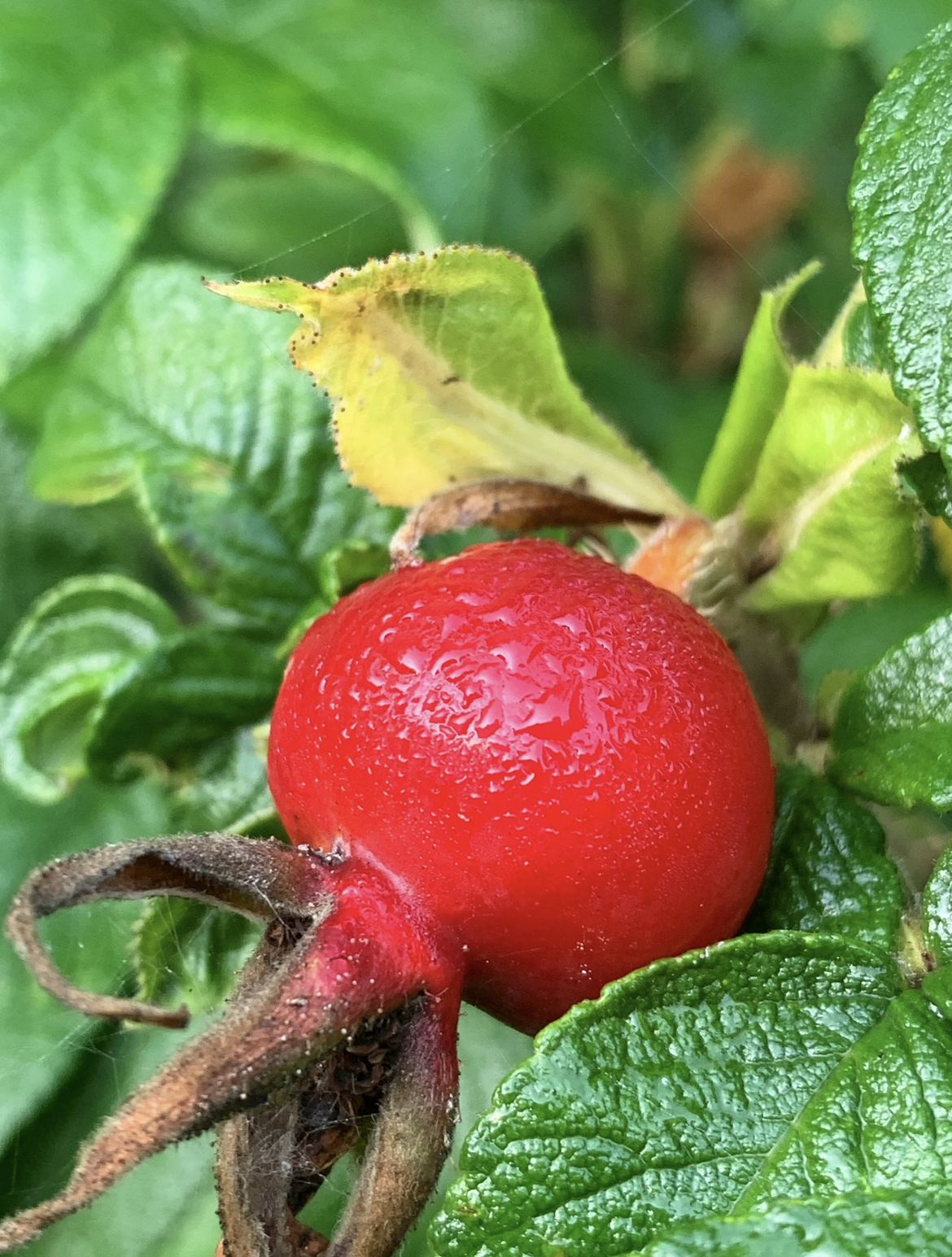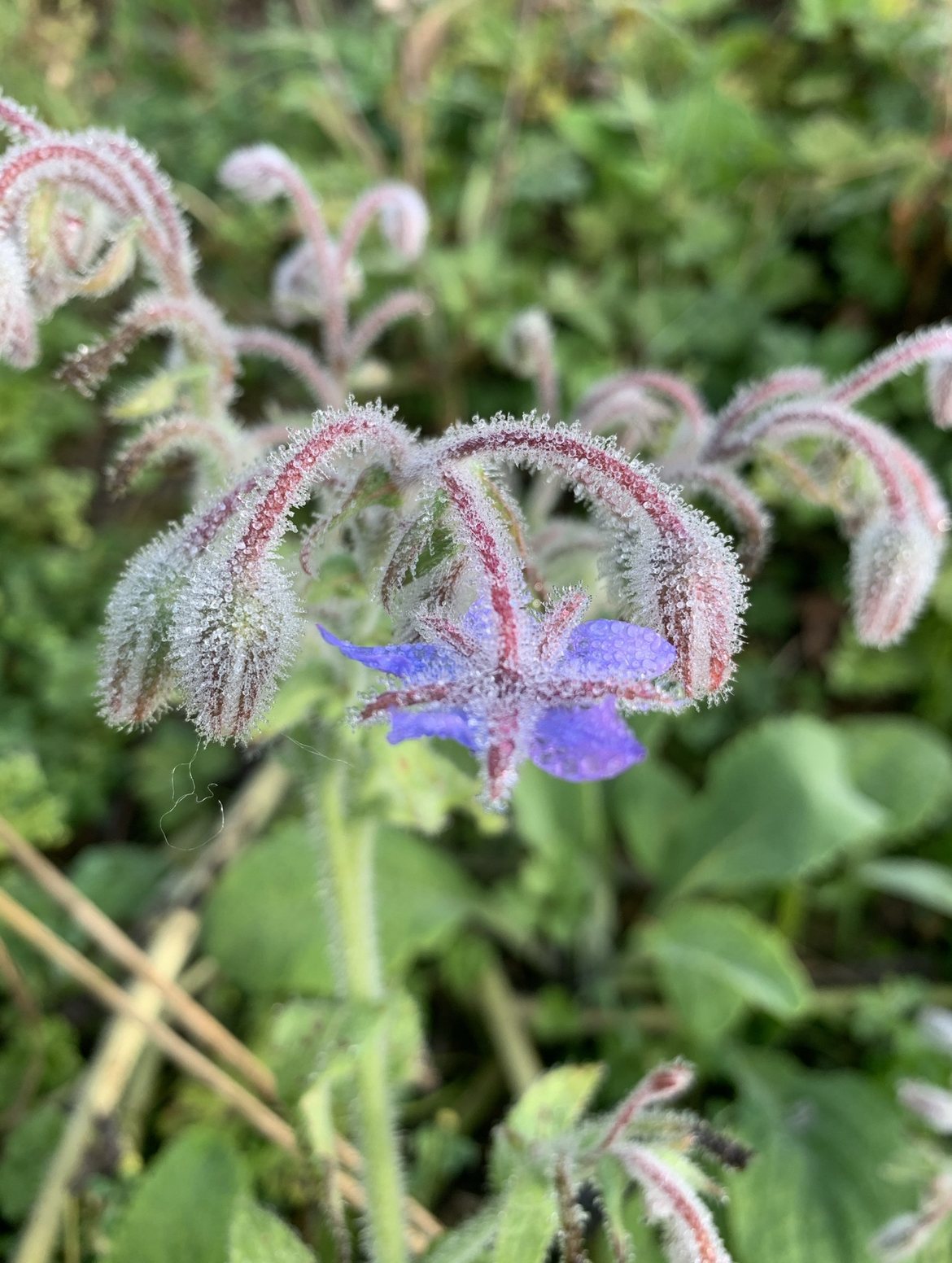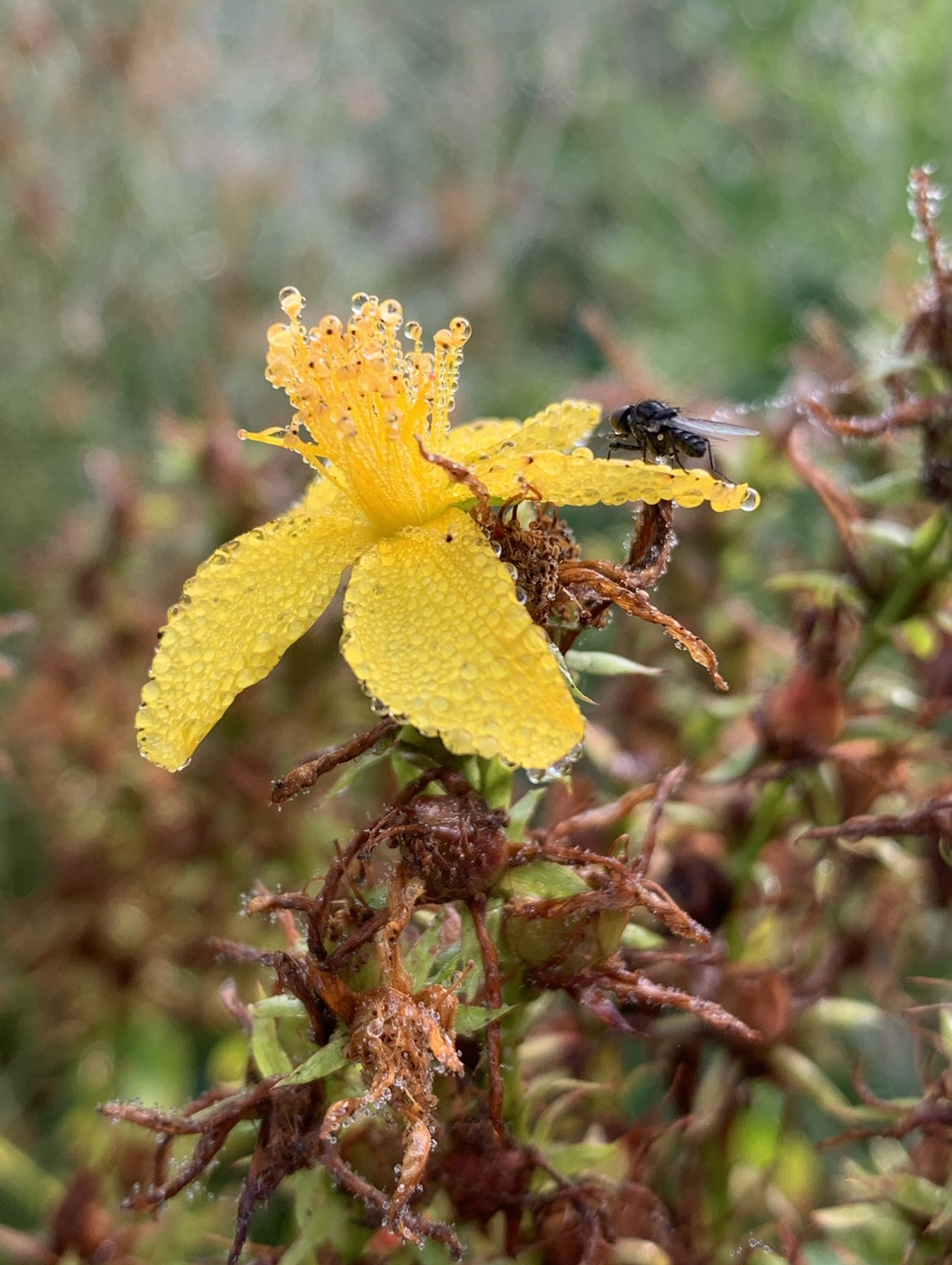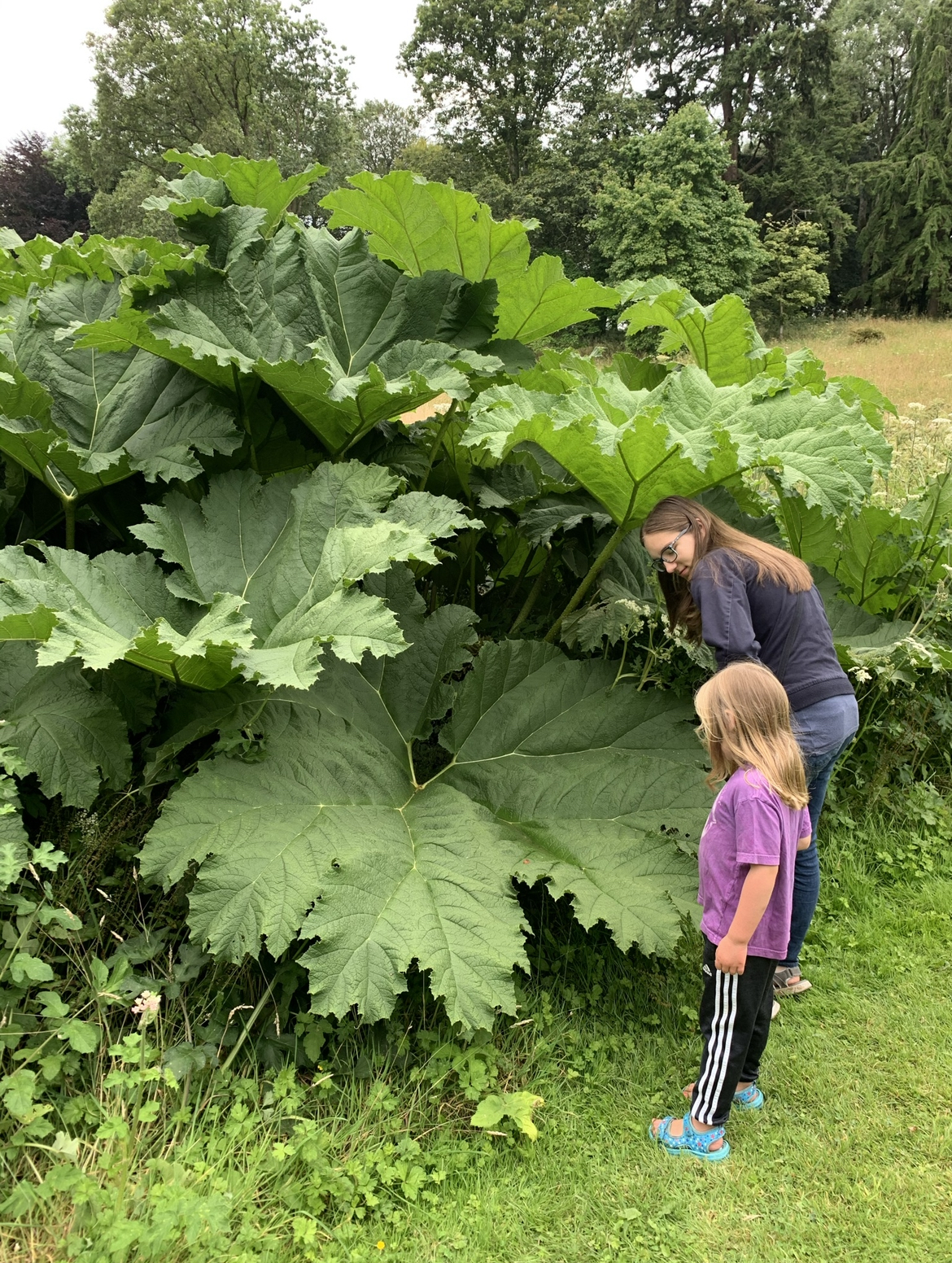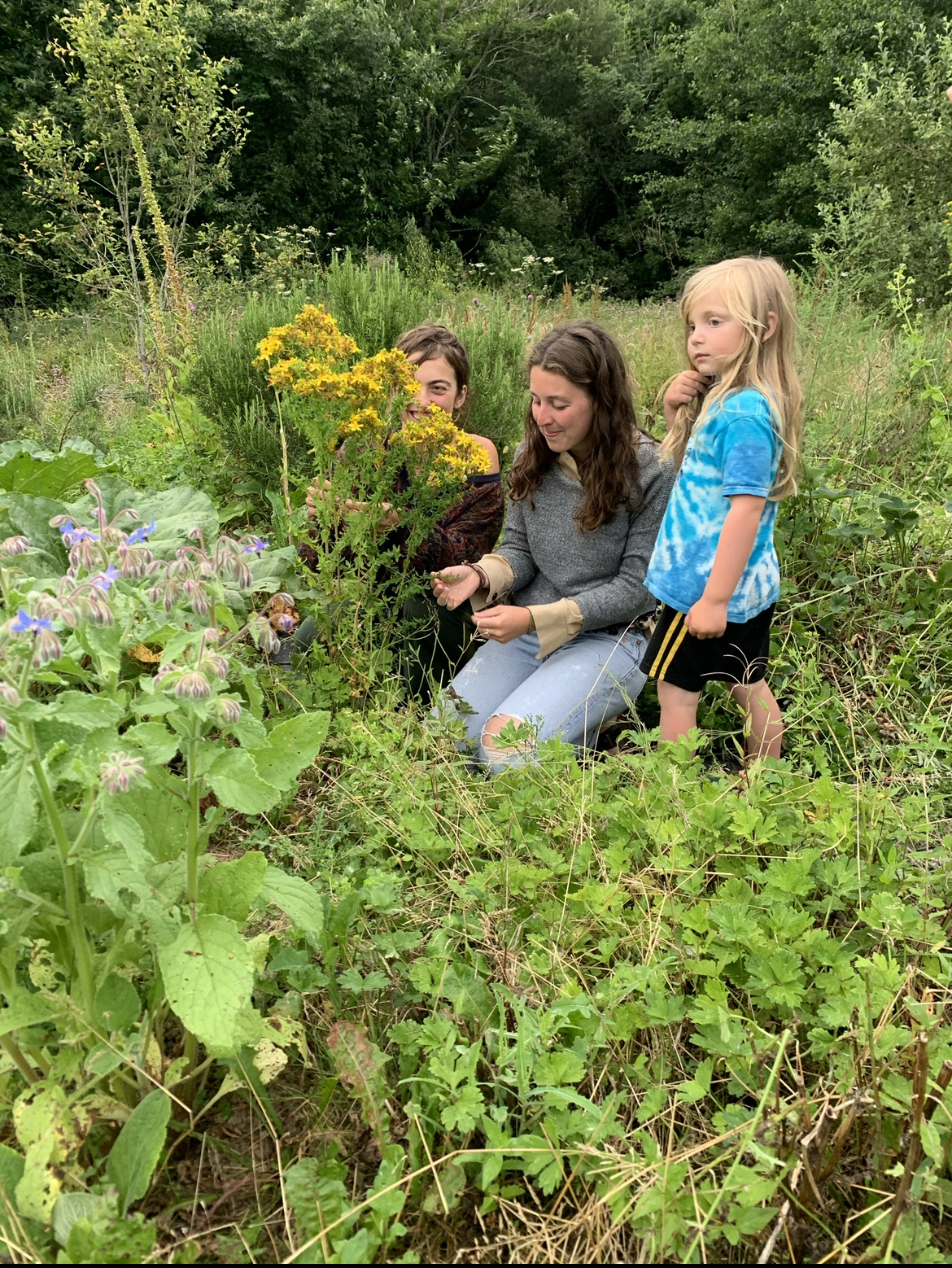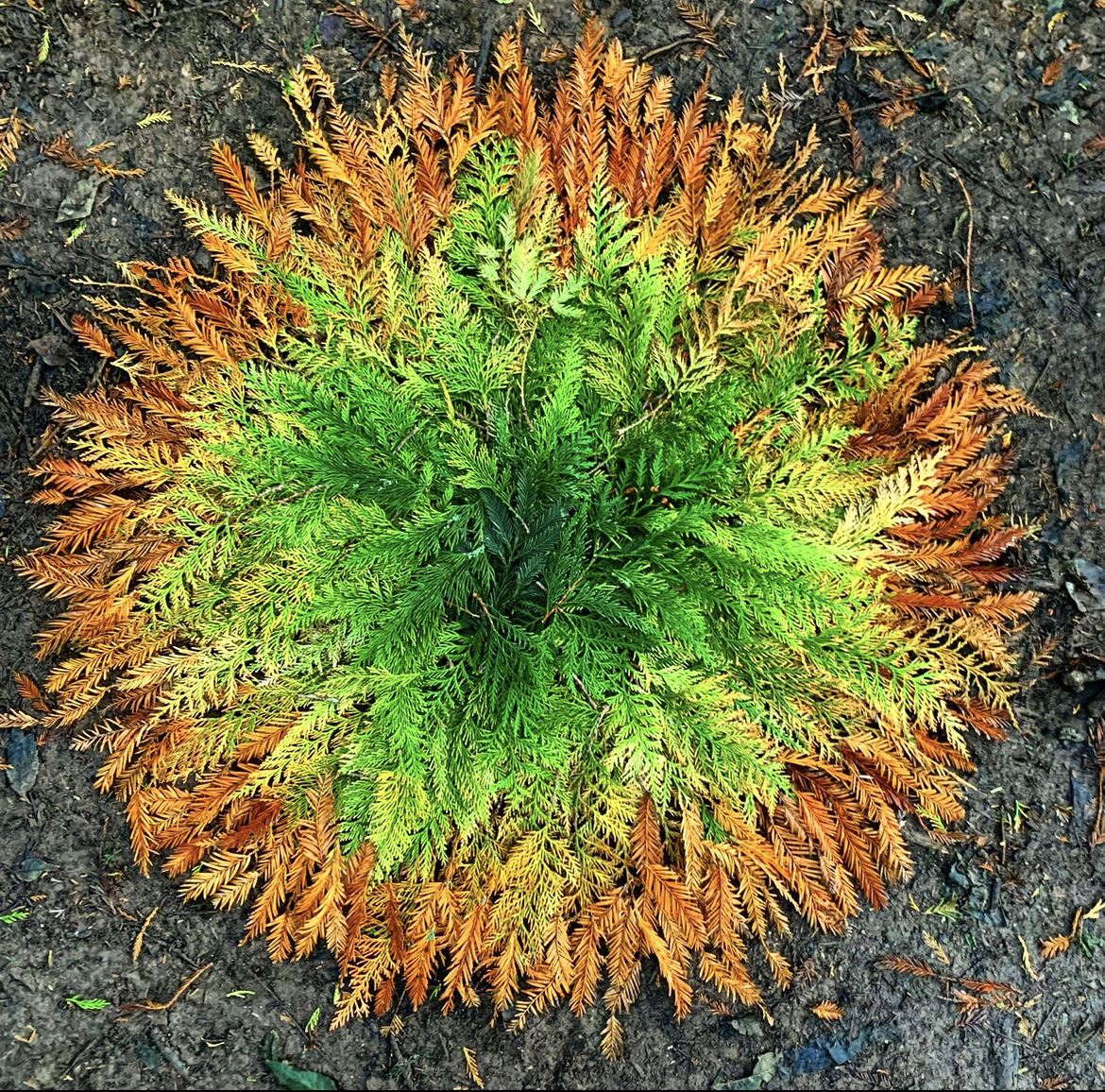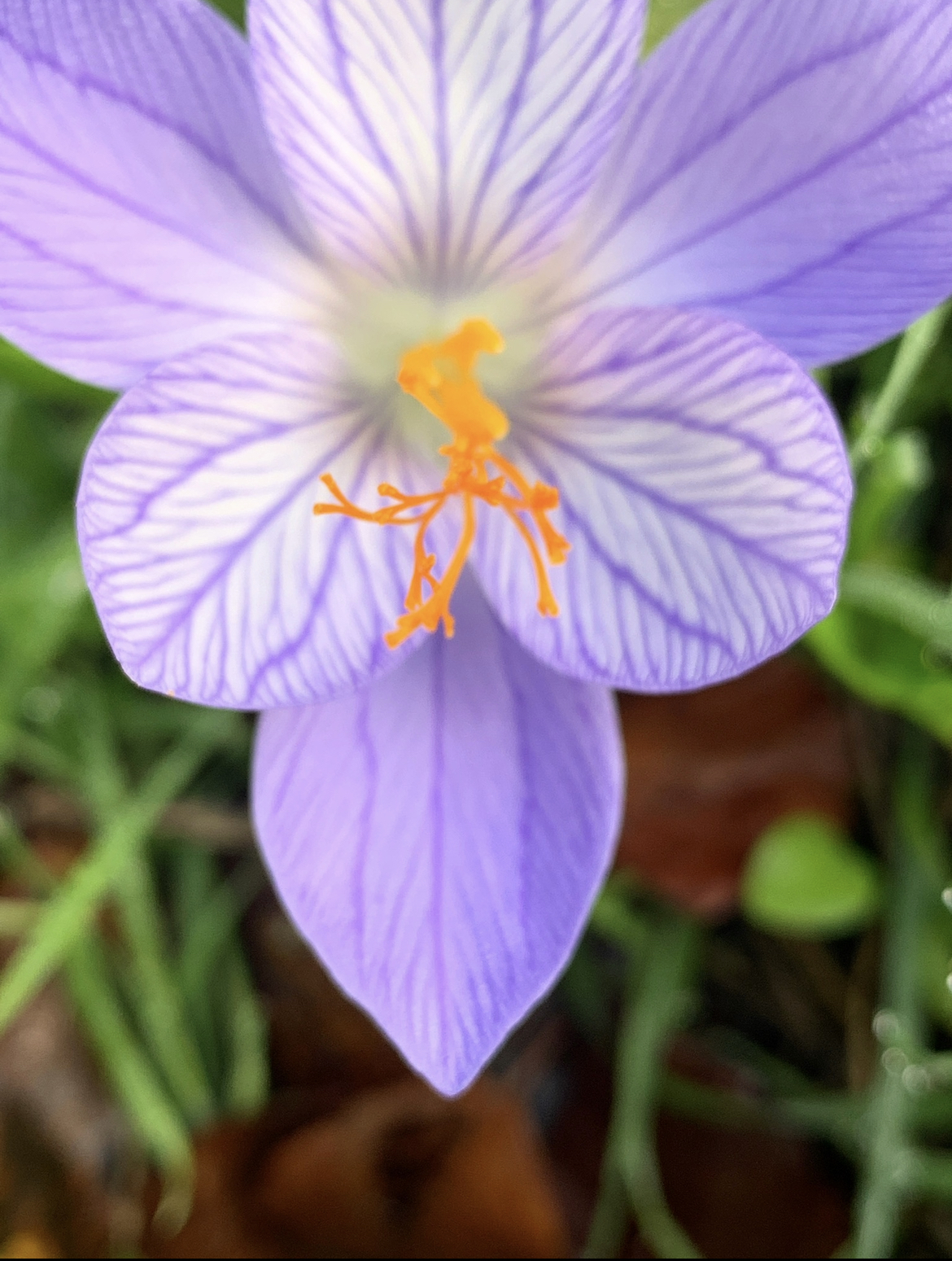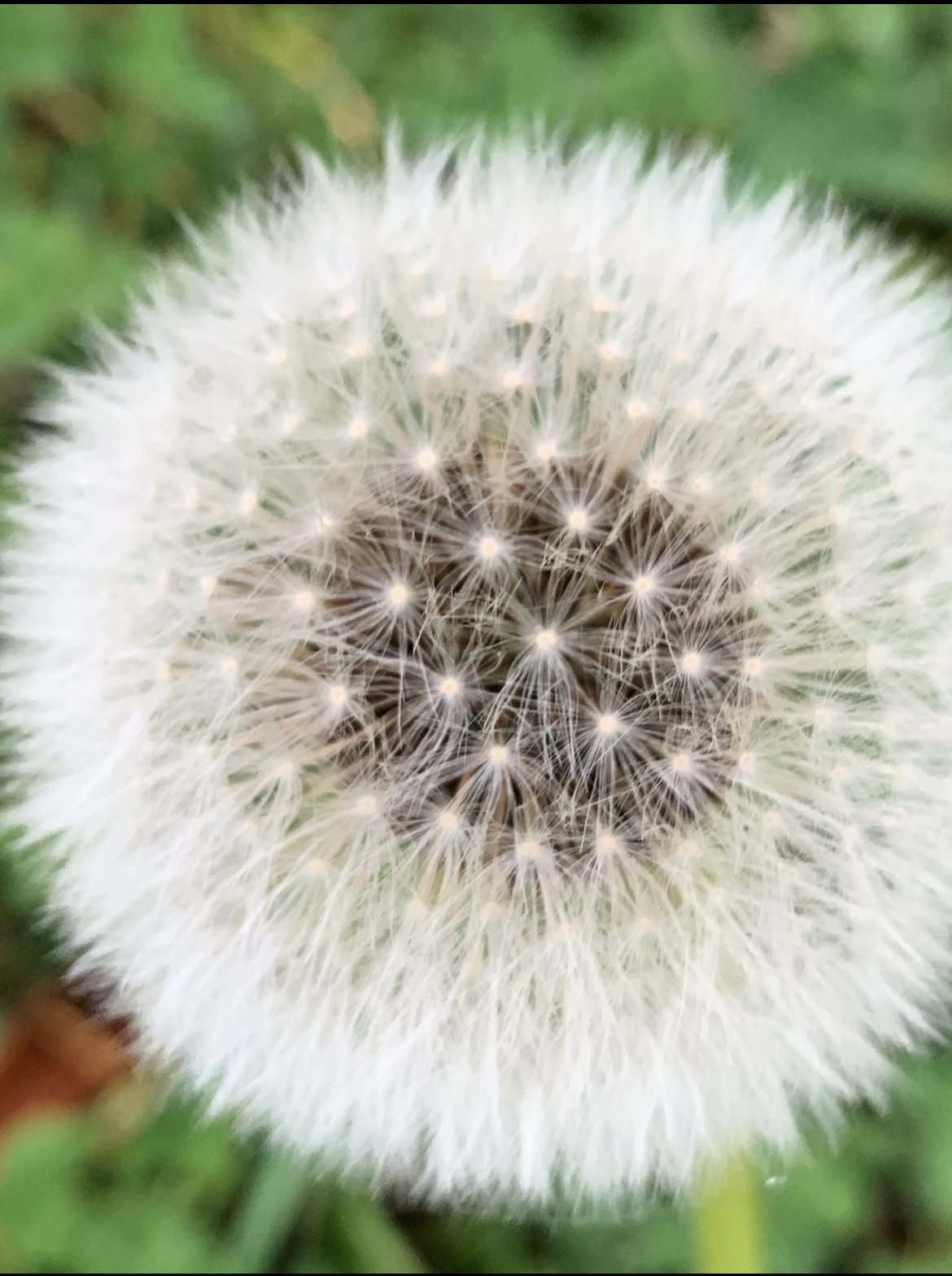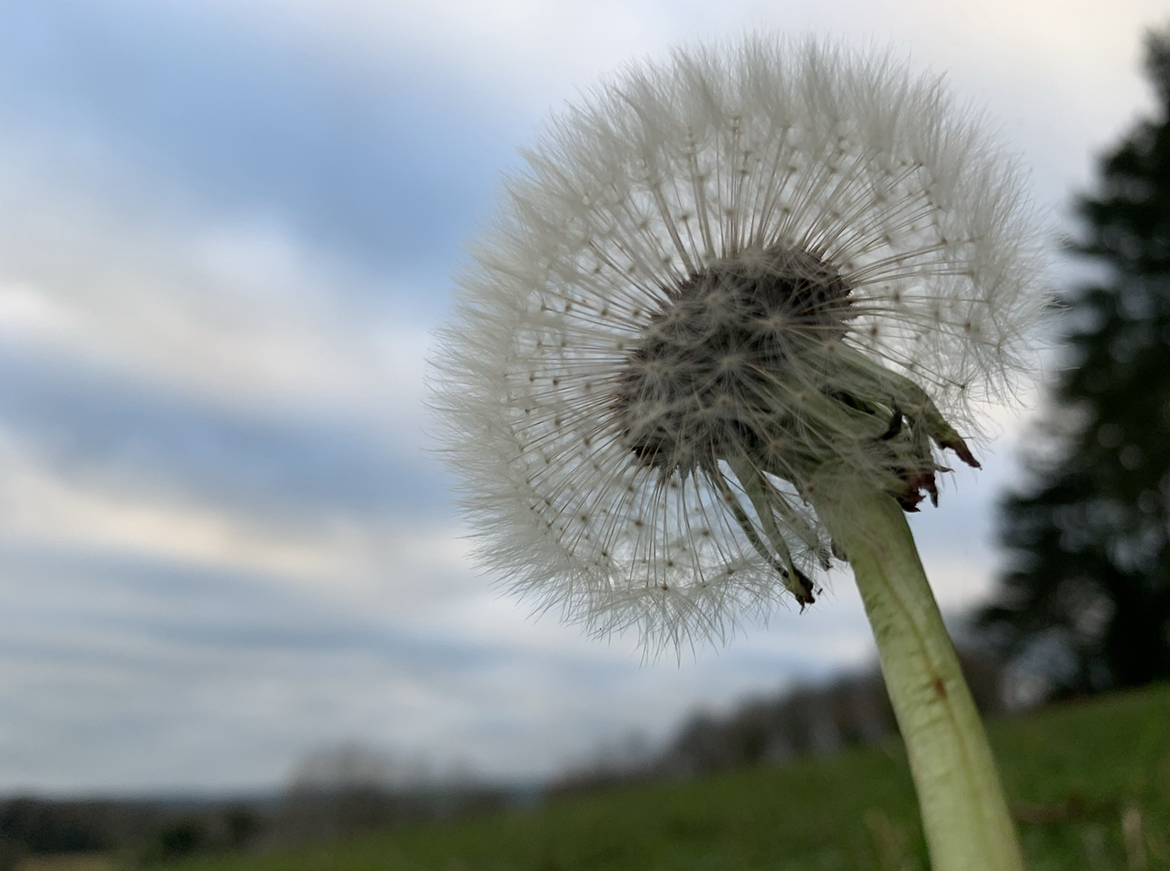The Networking with Plants in the Anthropocene has had a steering committee with roots spread around the world. Below are the humans who have to date, been the primary folks supporting this emerging network.
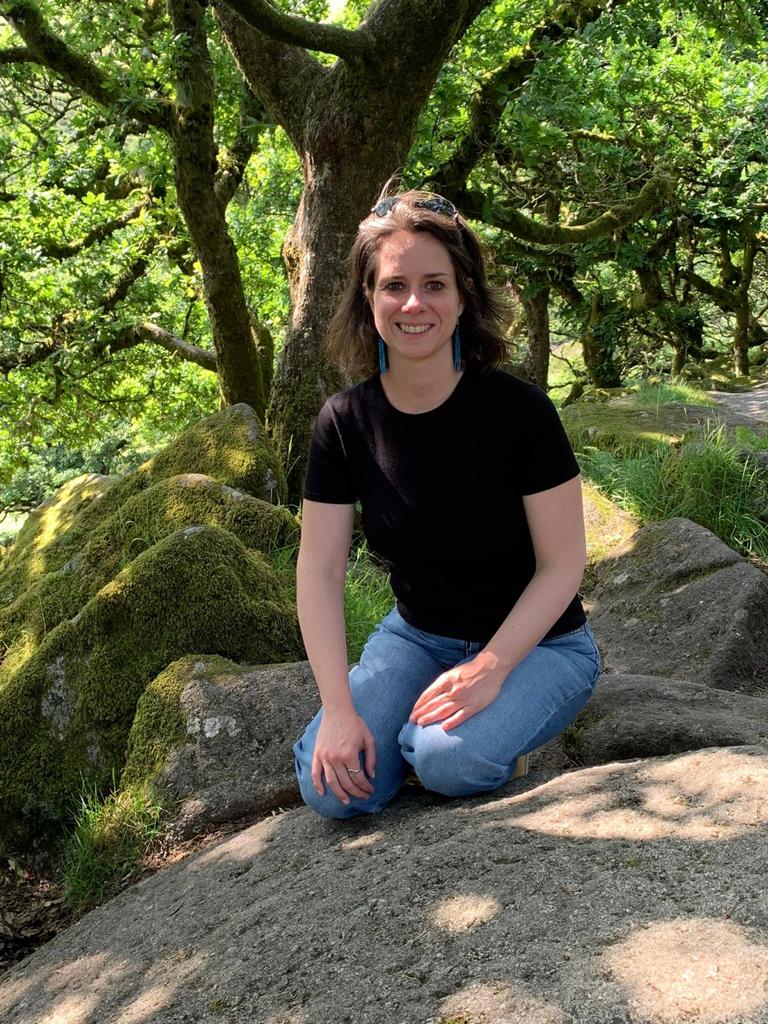
Anna Perdibon is an independent researcher, writer, apprentice educator and herbalist diving into animism, ethnobotany and the vegetal turn. She explores human-plant relations in traditional European and Indigenous botanical stories, myths and performances, and their connections with gender, art, and ecological living. She authored the book Mountains and Trees, Rivers and Springs: Animistic Beliefs and Practices in Ancient Mesopotamian Religion (PhD, Harrassowitz 2019), and academic and disseminating essays. Currently, she collaborates with Border Crossings for BOTANY BAY, a UK-based educational project that collaborates with Indigenous experts for learning respectful approaches to plants and their cultivation. She also contributes to educational and artistic organizations in Trentino/Alto Adige and Venice. Anna is member of Consortium of Environmental Philosophers, and involved in the Networking with Plants in the Anthropocene. She currently lives between Venice and a village in Trentino, Italy.

Paul Moss has degrees in biology, agronomy, and marketing and has most recently been studying in the Department of Geography, Environment & Society at the University of Minnesota. He has served as executive director of The Plant Initiative since 2020 and Minnesota-based Cottonwood Foundation since 1992. Paul has a strong commitment to increasing respectful treatment of plants and is interested in plant ethics, plant rights and plant liberation.

Kate is adjunct Faculty, Ph.D at Temple University whose research centers on ethics of care and plant life. She is particularly passionate about talking with plant practitioners about their work and teaching. Outside of academia, Kate enjoys exploring local nature spots with her dog, cooking seasonal vegan food for her family, and doing arts and crafts (currently: spinning, weaving, quilting, and figure drawing.). Kate has also taken on the role of host for the Networking with Plants in the Anthropocene Podcast and is enjoying this new endeavor immensely.
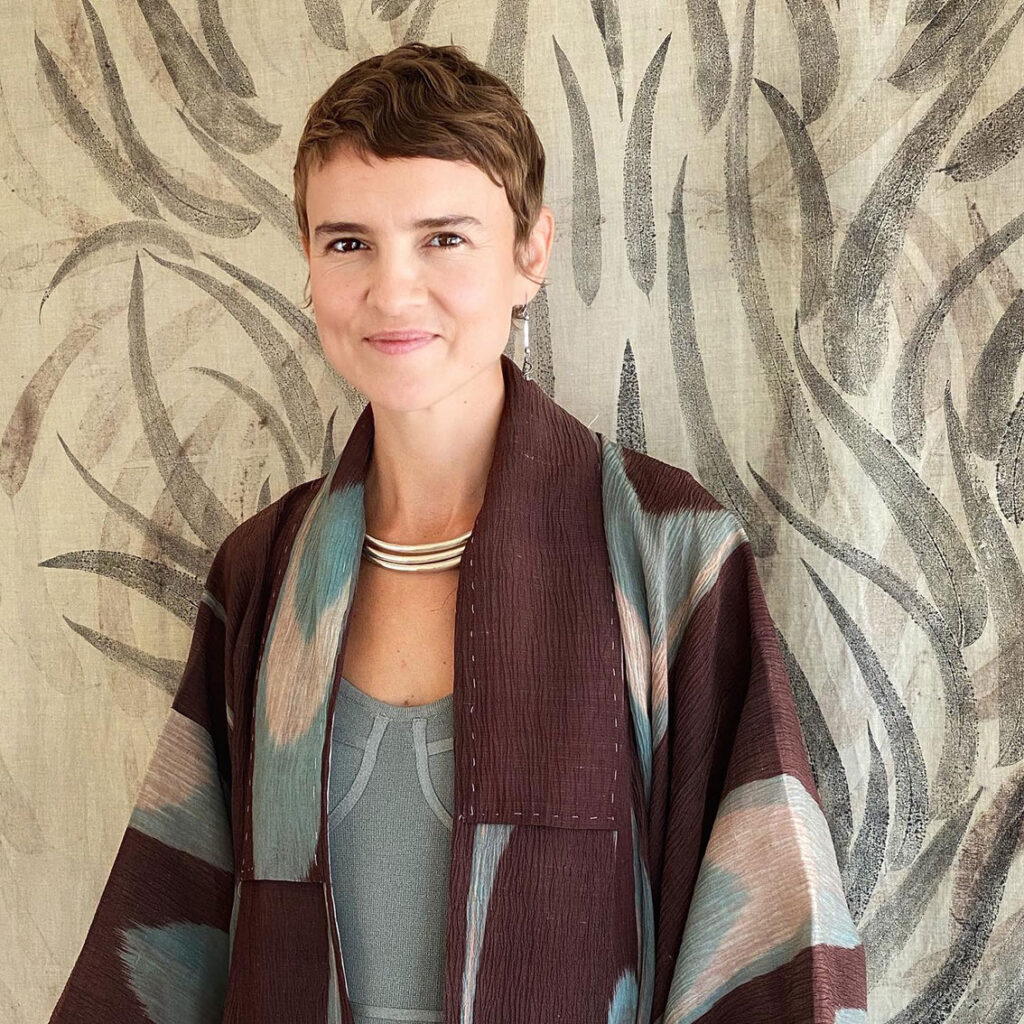
Evgenia Emets is an international artist, poet and filmmaker working with ecology, biodiversity and community. Evgenia was born in Poltava, Ukraine, USSR, in 1979, has lived in Moscow, Russia and London, UK and is based in Portugal since 2017. Through her art, http://www.evgeniaemets.vision/, she explores the subjects of deep ecology, deep time, interspecies being and immaterial values of forests. Her ongoing multidisciplinary project Eternal Forest https://eternalforest.earth/ creates 1000 Eternal Forest Sanctuaries through art and community to support and protect forest biodiversity for 1000 years and beyond.

Joela Jacobs is Assistant Professor of German Studies at the University of Arizona and the founder of the Literary and Cultural Plant Studies Network. Her research focuses on 19th-21st century German literature and film, Animal Studies, Environmental Humanities, Jewish Studies, the History of Sexuality, and the History of Science. In Plant Studies, she works on the concept of phytopoetics, particularly in the form of vegetal eroticism and violence. She is currently completing a monograph about the more-than-human in literary grotesques from Panizza to Kafka.
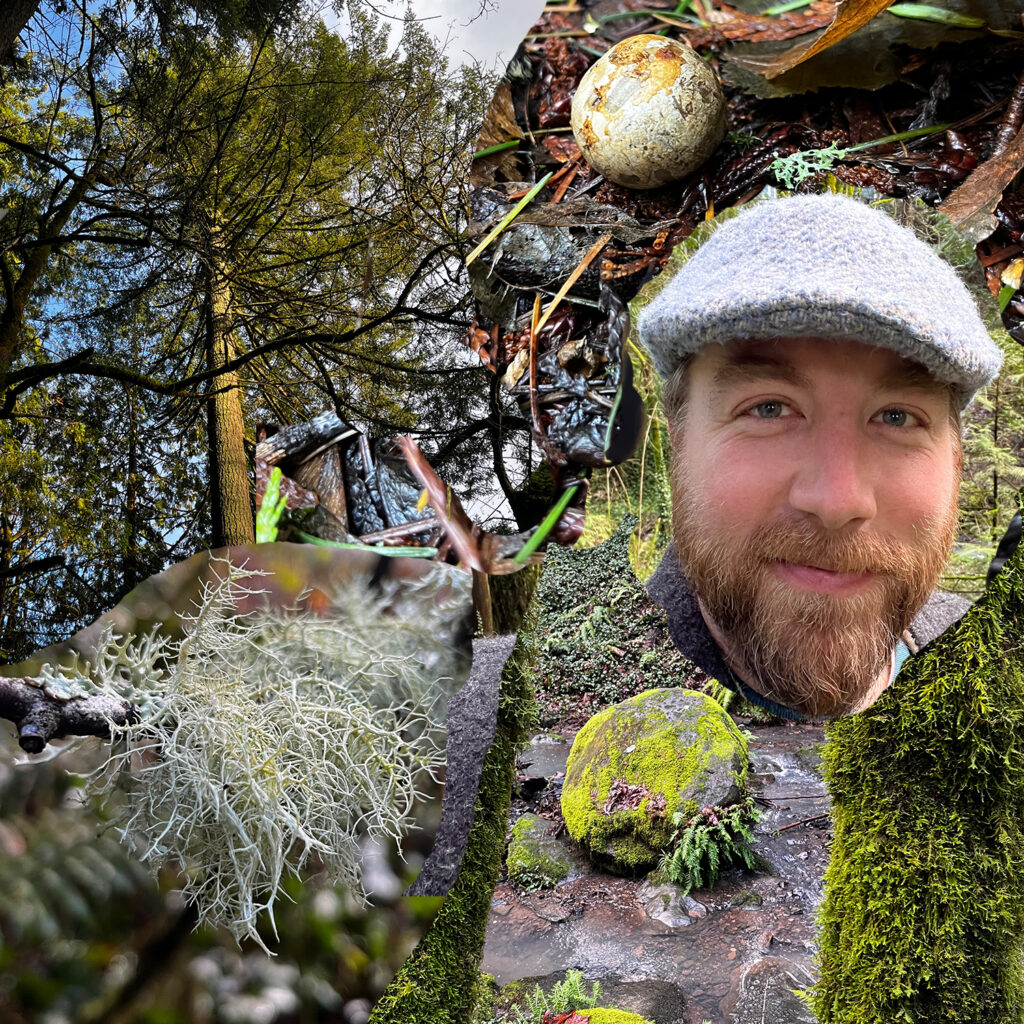
Joe Culhane is a human and relational being on a transformational journey exploring boundaries and thresholds with curiosity and reverence. Open to collaborations with fellow humans and all the more than human communities and ecologies he interacts with and is a part of. He has a masters degree in Engaged Ecology from Schumacher College and was a founding member of the Dart Community Apothecary. Currently, Joe is the Co-Founder & Project Director of The Institute of Relational Being. While titles are hard to pin on this person, he identifies as an eco-generalist, a folk herbalist, artist, podcaster, and poet.
